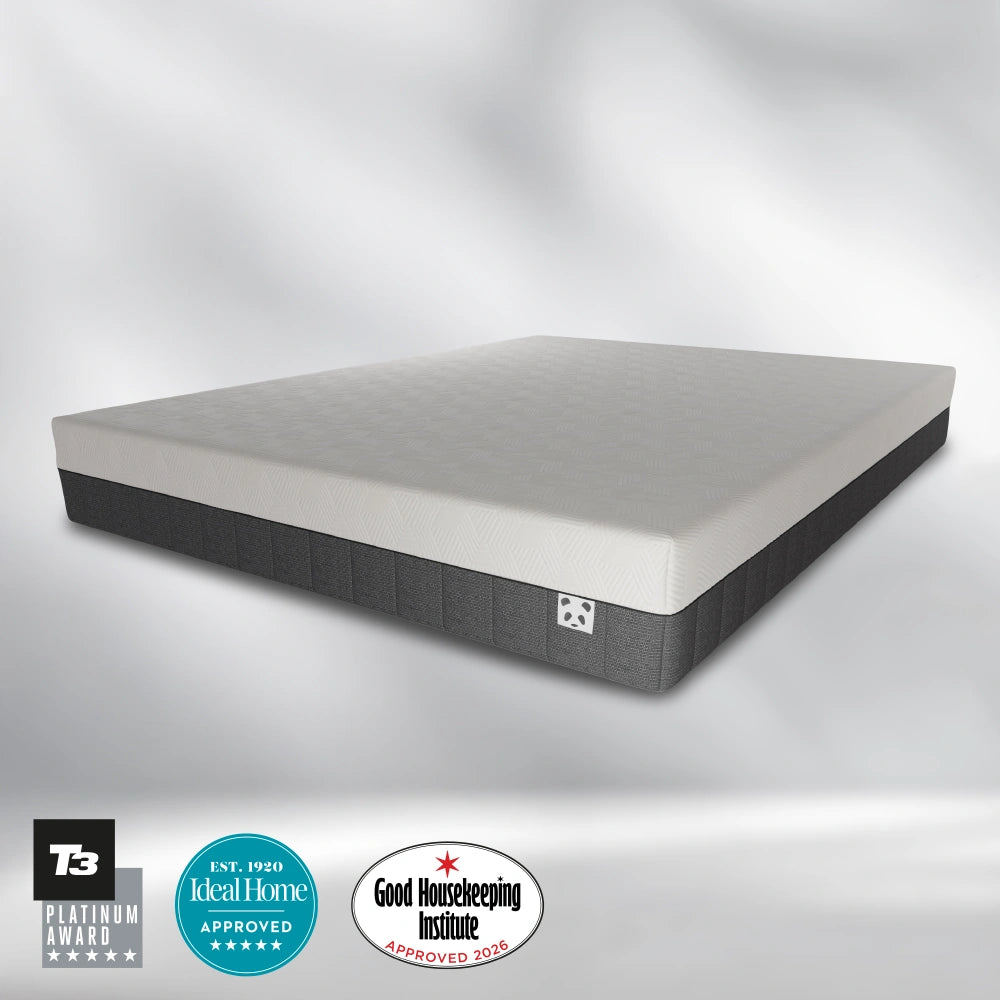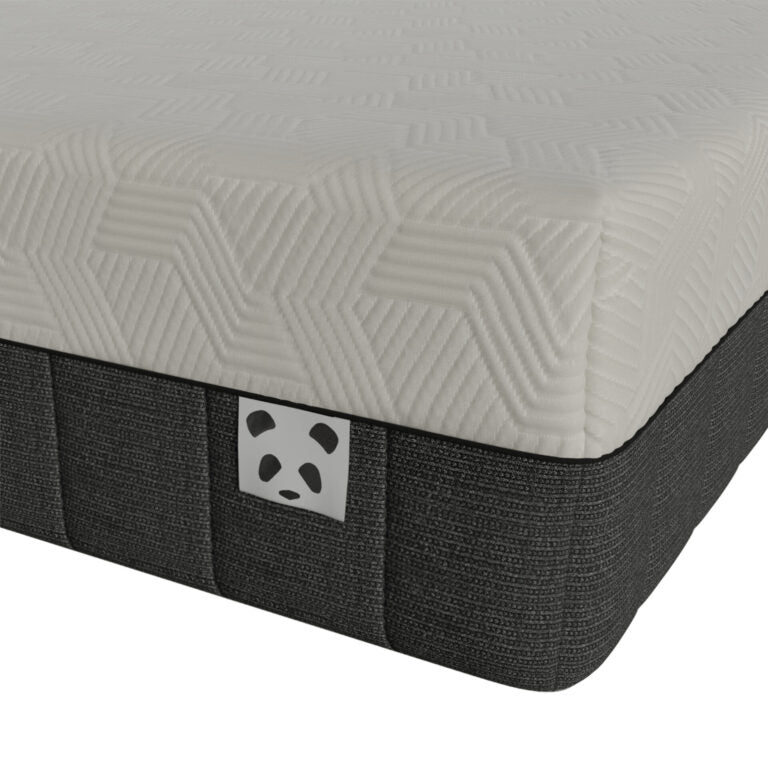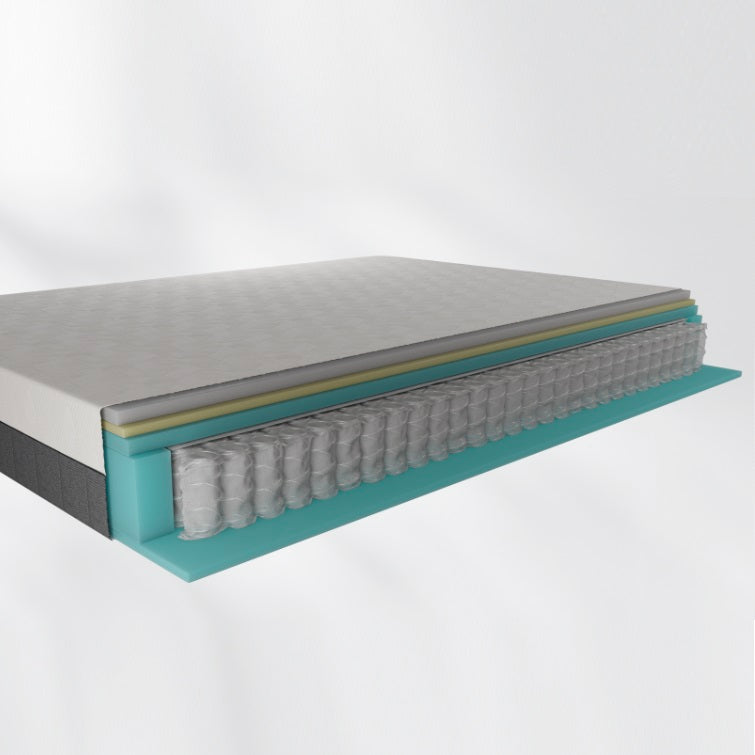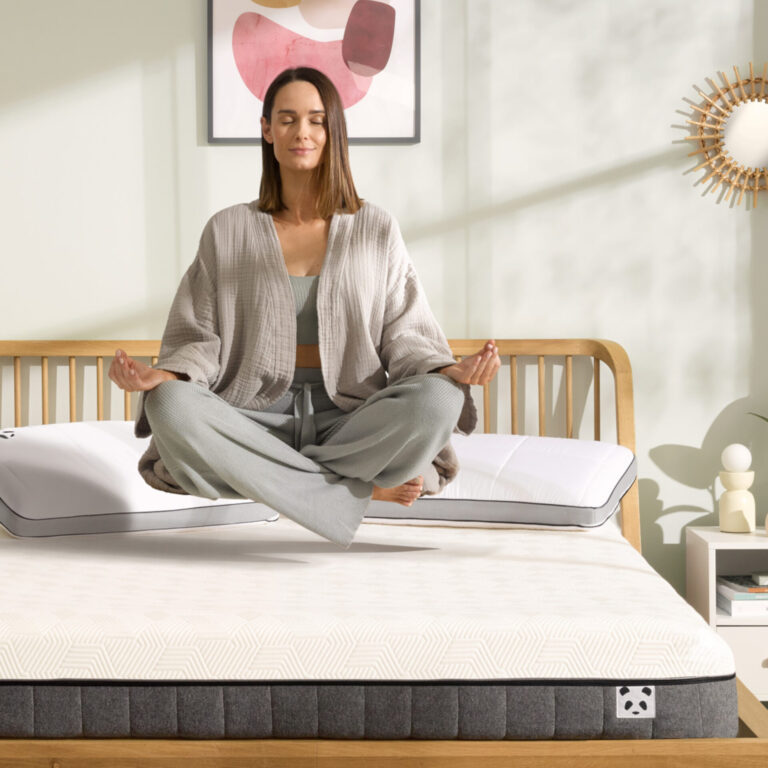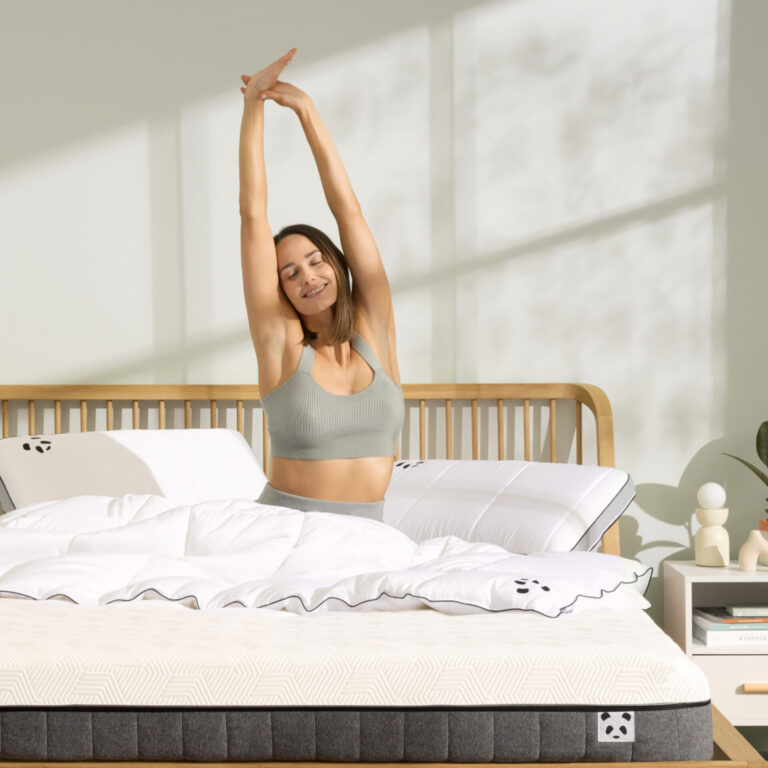What is dementia?
Despite being the leading cause of death in the UK, with the number of deaths rising year on year, dementia still has no cure. Dementia is a decline in cognitive functioning, with memory, thinking and reasoning severely affected. For sufferers, everyday tasks become much more difficult, and sleeping patterns change. It's hard to diagnose dementia in a loved one, as it’s often confused with the natural process of old age – but there are also cases of young people developing the disease. And it should be said that not all older people will develop dementia.
Key symptoms of dementia:
- Memory loss and often being unable to recall short-term events
- Difficulty with speech and language
- Confusion
- Behavioural changes
- Forgetting how to perform everyday tasks
Is dementia the same as Alzheimer’s?
According to the WHO, in 2021, 57 million people had dementia worldwide. It’s a complicated illness, and there isn’t one type of dementia or one simple cause. Alzheimer’s disease, named after the German neurologist who discovered it, is the most well-known type, accounting for 60-80% cases of dementia. Below are other common cases:
Vascular dementia – Caused by reduced blood flow to the brain, often after strokes.
Lewy body dementia – Involves abnormal protein deposits in the brain.
Frontotemporal dementia – Affects the frontal and temporal lobes, leading to personality and behaviour changes.
Mixed dementia – A combination of causes/types, often Alzheimer’s and vascular.
Determining the type of dementia is crucial so that the patient can receive the correct medication and care. It’s not always known why some people develop the disease, but there are factors which contribute to the likelihood of being diagnosed. The following can increase the risk of dementia:
- Age (65 and over)
- Depression
- High blood pressure
- High blood sugar
- Obesity or being overweight
- Drinking too much alcohol
- Social isolation
- Brain trauma or tumours
How is dementia diagnosed?
It is best to consult a GP if you’re concerned about a family member or friend displaying the symptoms of dementia. They will ask about family history, the progression of the symptoms, medications and mood. At the appointment, they may also perform memory tests and a physical exam to assess their blood pressure, sight and hearing. When other possible illnesses, such as thyroid problems, infections, or vitamin deficiencies, have been ruled out, brain scans are performed to confirm the diagnosis. Treatment for dementia is medication which doesn’t slow the progress of the illness, but helps to manage the symptoms and improve quality of life.
How does dementia affect sleep?
Dementia patients tend to wake up frequently during the night and find it difficult to go back to sleep. They have a reversal of a sleep routine, sleeping a lot during the day and then remaining awake all night. According to the Alzheimer’s Society, dementia patients may also suffer from the following sleep problems:
- Insomnia
- Sundowning
- Daytime sleepiness
- Restless leg syndrome
- Reduced Rapid Eye Movement (REM) sleep
- Behavioural Sleep Disorder
What is sundowning?
Sundowning is the term used to describe the change in behaviour of dementia patients which occurs in the early afternoon or evening. They exhibit signs of stress, agitation and anxiety. In sundowning, they often experience hallucinations and delusions. There are many possible reasons for this happening, such as tiredness, hunger, or an overstimulating environment.
Tips for improving sleep for those with dementia
If you care for someone with dementia and they display a severe sleep problem you should discuss it with your GP as it could be treatable. As sleep problems are a symptom of the disease, they cannot be completely resolved, but there are ways to help manage them.
A good night’s sleep is crucial for those with dementia as it helps to improve their mood – sleep deprivation can make their anxiety or aggression worse. They’re less likely to have an episode of sundowning if they sleep soundly the previous night. It can also improve their immune system, and therefore, they’ll be less susceptible to infections.
Sleep environment
Making the sleep environment as comfortable as possible is ideal – namely by making it dark, quiet and cool. Ensure the blinds or curtains aren’t letting in light, and where possible, remove anything that makes a buzzing or beeping noise during the night. A temperature of around 18 °C is ideal for bedtime.
As dementia patients are often unable to regulate their body temperature or communicate when they feel hot or cold, bamboo bedding is a great option for them. Our 100% Bamboo Bedding is naturally thermoregulating, so it adjusts its temperature to the optimal one for sleep. It’s also super soft, hypoallergenic and moisture-wicking, so it’ll keep them dry and irritation-free throughout the night.
Routine
Make sure dementia sufferers have a daily routine of light exercise is possible; this allows their body to burn off some energy, making sleep easier. Limiting daytime naps might seem counterintuitive if they’re tired, but this really does impact how well we sleep at night. Hydration is key, especially in the late stages of dementia when patients may not recognise thirst or simply forget to drink – but cutting down on caffeine is essential for ensuring they sleep well.
A consistent bedtime routine is a must; those with dementia are easily confused, which can lead to stress and agitation. Figuring out a routine that is the same each night will help to settle their brain, and hopefully lull them into a state of sleepiness.
Comfort and support
Due to many dementia patients being incontinent in the later stages of dementia, a mattress protector will prevent spillages or accidents from reaching the mattress. Our Bamboo Mattress Protector is waterproof, shielding their mattress against spills and accidents. Created with advanced nanotechnology, it’s incredibly lightweight and ultra-thin. A silent saviour, it’s also naturally antibacterial, fending off dirt and bacteria.
Choose a mattress, pillows and duvet that are comfortable and also offer the support they need; as dementia typically impacts older people, and the disease can lead to a lack of nutrition, patients will typically need a softer mattress that cradles their bones and a supportive pillow which helps to align the neck and spine.
Dementia and sleep: the conclusion
Sleep is fundamental to brain functioning, as it helps us to store new memories. Dementia patients struggle to recall recent events, names of loved ones and relationships; therefore, it’s important for them to have a comforting sleep environment to retain as much of their memory as possible. With them waking up less at night, it’ll help you sleep better, too.
If you’re concerned someone you know might have dementia, seek support from your GP. There’s a lot of helpful information and advice available on the Dementia UK and Alzheimer's Society websites. If you’re caring for someone with dementia, make sure to look after yourself and your own sleep too – you can’t pour from an empty cup, after all.
FAQ
1. What sleep problems are common with dementia?
People with dementia often experience insomnia, daytime sleepiness, restless leg syndrome, reduced REM sleep, and sundowning. These issues disrupt sleep quality and can worsen mood and memory.
2. What is sundowning in dementia patients?
Sundowning describes behavioural changes in the late afternoon or evening, including agitation, anxiety, confusion, or hallucinations. It is common in dementia and is often linked to symptoms such as tiredness, hunger, or overstimulation.
3. Why does dementia affect sleep patterns?
Dementia impacts the brain areas that regulate circadian rhythm and sleep cycles. This often causes patients to nap during the day, wake frequently at night, or stay awake when they should be sleeping.
4. How can I improve sleep for someone with dementia?
Improving the sleep environment is key. A dark, quiet, and cool bedroom, comfortable bedding, and a consistent routine can help. Bamboo bedding is especially helpful as it regulates body temperature and reduces irritation.
5. Can sleep problems in dementia be cured?
Sleep issues cannot be completely cured because they are symptoms of dementia, but they can be managed. Good sleep hygiene, daily routines, exercise, and guidance from a GP can make nights easier for both patients and caregivers.
6. When should I seek medical advice about dementia and sleep?
If a loved one with dementia has severe or worsening sleep problems, consult a GP. They can rule out other conditions, adjust treatment, and provide guidance to improve quality of life.

![[MattressTopper] Panda London Memory Foam Bamboo Mattress Topper package box](http://pandalondon.com/cdn/shop/files/Bamboo_Mattress_Topper_Package_Box.webp?v=1742301823&width=1500)
![[MattressTopper] Panda London Memory Foam Bamboo Mattress Topper on the floor](http://pandalondon.com/cdn/shop/products/Panda-Memory-Foam-Bamboo-Mattress-Topper-Yoga-e1624045454555.jpg?v=1758795458&width=1000)
![[MattressTopper] Bamboo Mattress Topper Lifestyle Image with Memory Foam Pillows Product Page](http://pandalondon.com/cdn/shop/files/Bamboo_Mattress_Topper_Lifestyle_Image_with_Memory_Foam_Pillows_Product_Page.webp?v=1758795458&width=800)
![[MattressTopper] Bamboo Mattress Topper Lifestyle Image with Bamboo Pillows In the Garden room Product Page](http://pandalondon.com/cdn/shop/files/Bamboo_Mattress_Topper_Lifestyle_Image_with_Bamboo_Pillows_In_the_Garden_room_Product_Page.webp?v=1758795458&width=800)
![[MattressTopper] Panda London Memory Foam Bamboo Mattress Topper side](http://pandalondon.com/cdn/shop/files/Mattress_Topper_Isolated_-_resized.jpg?v=1758795458&width=800)
![[HybridMattressPro] Hybrid_Bamboo_Mattress_Pro_Product_Image_2026](http://pandalondon.com/cdn/shop/files/Hybrid_Bamboo_Mattress_Pro_Product_Image_2026.webp?v=1764944771&width=1000)
![[HybridMattressPro] Breathable Hybrid Bamboo Mattress](http://pandalondon.com/cdn/shop/products/Breathable-Hybrid-Bamboo-Mattress.jpg?v=1764944771&width=1920)
![[HybridMattressPro] Hybrid Bamboo Mattress Pro Cover Zip](http://pandalondon.com/cdn/shop/files/Hybrid_Bamboo_Mattress_Cover.jpg?v=1764944771&width=800)
![[HybridMattressPro] Panda Hybrid Bamboo Mattress Pro](http://pandalondon.com/cdn/shop/files/Hybrid_Bambo_Memory_Foam_Mattress_-_BioCell_Foam_x.jpg?v=1764944771&width=800)
![[HybridMattressPro] Couple on a Hybrid Bamboo Mattress Pro](http://pandalondon.com/cdn/shop/files/Hybrid_Bamboo_Mattress_Couple.jpg?v=1764944771&width=800)
![[CloudDuvet] Panda London The Cloud Bamboo Duvet Packaging](http://pandalondon.com/cdn/shop/products/Panda-London-The-Cloud-Bamboo-Duvet-Panda-Life-scaled_00a651ad-4ca3-4105-b520-12a94c1a4f71.jpg?v=1713363286&width=1920)
![[CloudDuvet] Panda London The Cloud Bamboo Duvet Rolled](http://pandalondon.com/cdn/shop/products/Duvet-Listing-Images03.jpg?v=1764079307&width=1000)
![[CloudDuvet] Panda London The Cloud Bamboo Duvet Girl Huggin a Duvet on the Bed](http://pandalondon.com/cdn/shop/files/Cloud_Bamboo_Duvet_-_Lady_Hugging_it_on_Bed_LifestyleImage.jpg?v=1764079307&width=1000)
![[CloudDuvet] Panda London The Cloud Bamboo Duvet Guy In the Air with Cloud Bamboo Duvet](http://pandalondon.com/cdn/shop/files/GuyonaHybridBambooMattresswithCloudDuvet.jpg?v=1772559689&width=2000)
![[CloudDuvet] Panda Cloud Duvet Winter on the bed lifestyle image](http://pandalondon.com/cdn/shop/files/Panda_Cloud_Duvet_Winter_on_the_Bed_Lifestyle-1_image.jpg?v=1772559689&width=1000)
![[BBWhite] 100_Bamboo_Bedding_Full_Set_Mothers_Day_Main_Image](http://pandalondon.com/cdn/shop/files/100_Bamboo_Bedding_Full_Set_Mothers_Day_Main_Image.webp?v=1772322381&width=2000)
![[BBWhite] White 100% Bamboo Bedding Texture](http://pandalondon.com/cdn/shop/files/100_Bamboo_Bedding_-_Pure_White_-_Close_Up_02.webp?v=1772322381&width=1000)
![[BBWhite] White 100% Bamboo Bedding Woman in bed sleeping](http://pandalondon.com/cdn/shop/files/100-Bamboo-Bedding-Set-Pure-White-BB.webp?v=1772322381&width=768)
![[BBWhite] White 100% Bamboo Bedding Woman Duvet cover buttons](http://pandalondon.com/cdn/shop/files/hand_and_buttons_1.webp?v=1772544352&width=1000)
![[BBWhite] White 100% Bamboo Bedding Woman in bed looking and smiling-](http://pandalondon.com/cdn/shop/files/SatonMadeBed-White100_BambooBedding-white_-_BB_SideShot1000x1000.webp?v=1772544352&width=980)
![[BBUrbanGrey] Urban Grey 100% Bamboo Bedding](http://pandalondon.com/cdn/shop/files/Made_Bed_-_Urban_Grey_-_Wide_Shot_2_1_1.webp?v=1772544352&width=1000)
![[BBUrbanGrey] Cloud Duvet Urban Grey 100% Bamboo Bedding Set](http://pandalondon.com/cdn/shop/files/Cloud_Duvet_-_Grey_-_Close_up_2.webp?v=1772544352&width=1000)
![[BBUrbanGrey] Urban Grey 100% Bamboo Bedding Set Woman sitting on the bed](http://pandalondon.com/cdn/shop/files/Sat_in_Bed_-_Grey_100__Bamboo_Bedding_-_Wide_Shot.webp?v=1772544352&width=1000)
![[BBUrbanGrey] Urban Grey 100% Bamboo Bedding Set Woman Duvet buttons Panda London](http://pandalondon.com/cdn/shop/files/hand_buttons_grey_bedding_1.webp?v=1772544352&width=1000)
![[BBUrbanGrey] Woman Sitting on the Bamboo Bedding with coffee](http://pandalondon.com/cdn/shop/files/SatonMadeBed-White100_BambooBedding-SideShot1000x1000.jpg?v=1772544352&width=1000)
![[BBNavyBlue] Deep Sea Navy Blue 100% Bamboo Bedding](http://pandalondon.com/cdn/shop/files/Made_Bed_-_Navy_-_Wide_Shot_3_copy.webp?v=1772544352&width=1000)
![[BBNavyBlue] Deep Sea Navy Blue 100% Bamboo Bedding Texture](http://pandalondon.com/cdn/shop/files/Cloud_Duvet_-_Navy_-_Close_up_2.webp?v=1772544352&width=1000)
![[BBNavyBlue] Deep Sea Navy Blue 100% Bamboo Bedding Woman Sitting on the bed](http://pandalondon.com/cdn/shop/files/Sat_Up_in_Bed_-_Navy_100__Bamboo_Bedding_-_Hands_on_Bed.webp?v=1772544352&width=1000)
![[BBNavyBlue] Deep Sea Navy Blue 100% Bamboo Bedding Duvet Cover Buttons](http://pandalondon.com/cdn/shop/files/Cloud_Duvet_Cover_Buttons_-_Deep_Sea_Navy.webp?v=1772544352&width=1000)
![[BBNavyBlue] Deep Sea Navy Blue 100% Bamboo Bedding Woman sitting on the bed looking away](http://pandalondon.com/cdn/shop/files/SatonMadeBed-White100_BambooBedding-SideShot1000x1000-001.webp?v=1772544352&width=980)
![[BBPink] Vintage Pink Blue 100% Bamboo Bedding](http://pandalondon.com/cdn/shop/files/Made_Bed_-_Pink_-_Wide_Shot_copy.webp?v=1772544352&width=1000)
![[BBPink] Vintage Pink Texture 100% Bamboo Bedding](http://pandalondon.com/cdn/shop/files/Cloud_Duvet_-_Pink_-_Close_up_2.webp?v=1772544352&width=1000)
![[BBPink] Vintage Pink Woman Sitting on the 100% Bamboo Bedding](http://pandalondon.com/cdn/shop/files/Sat_Up_in_Bed_-_Pink_-_Hands_on_Bed.webp?v=1772544352&width=1000)
![[BBPink] Vintage Pink Woman Sitting on the 100% Bamboo Bedding Duvet Cover](http://pandalondon.com/cdn/shop/files/Cloud_Duvet_Cover_Buttons_-_Vintage_Pink.webp?v=1772544352&width=1000)
![[BBPink] Vintage Pink Woman Sitting on the 100% Bamboo Bedding Woman looking far away](http://pandalondon.com/cdn/shop/files/SatonMadeBed-White100_BambooBedding-SideShot1000x1000-001_Vintage_Pink.webp?v=1772544352&width=980)
![[BBGrey] Light Grey 100% Bamboo Bedding](http://pandalondon.com/cdn/shop/files/Made_Bedding_in_Bedroom_-_Urban_Grey_-_Wide_Shot.webp?v=1772544352&width=1000)
![[BBGrey] Light Grey 100% Bamboo Bedding texture](http://pandalondon.com/cdn/shop/files/Texture17.webp?v=1772544352&width=1000)
![[BBGrey] Light Grey 100% Bamboo Bedding with Woman smiling](http://pandalondon.com/cdn/shop/files/Sat_Up_in_Bed_-_Grey_-_Hands_on_Bed.webp?v=1772544352&width=1000)
![[BBGrey] Light Grey 100% Bamboo Bedding with Duvet Cover buttons](http://pandalondon.com/cdn/shop/files/Cloud_Duvet_Cover_Buttons_-_Quiet_Grey.webp?v=1772544352&width=1000)
![[BBGrey] Light Grey 100% Bamboo Bedding with Woman smiling and sitting coffee](http://pandalondon.com/cdn/shop/files/SatonMadeBed-White100_BambooBedding-SideShot1000x1000-002-_Grey.webp?v=1772544352&width=980)
 Hybrid Bambuskissen
Hybrid Bambuskissen Memory Foam Bambuskissen
Memory Foam Bambuskissen Memory Foam Bambuskissen für Kinder
Memory Foam Bambuskissen für Kinder Baby Memory Foam Bambuskissen
Baby Memory Foam Bambuskissen Panda Bettdecke Cloud
Panda Bettdecke Cloud Sommerbettdecke aus Bambus
Sommerbettdecke aus Bambus Kinder Cloud Bettdecke
Kinder Cloud Bettdecke
![[MemoryFoamPillow] Panda Luxury Memory Foam Bamboo product image](http://pandalondon.com/cdn/shop/products/Panda-Memory-Foam-Bamboo-Pillow-Panda-Life-scaled-e1623788835840.jpg?v=1771199183&width=800)
![[MemoryFoamPillow] Panda London Bamboo Memory Foam Pillow](http://pandalondon.com/cdn/shop/files/03_Memory_Foam_Bamboo_Pillow__alt01.jpg?v=1771199183&width=800)
![[MemoryFoamPillow] Panda London Bamboo Memory Foam Pillow girl hugging the pillow](http://pandalondon.com/cdn/shop/files/02_Memory_Foam_Bamboo_Pillow__alt02.jpg?v=1771199183&width=800)
![[MemoryFoamPillow] Panda London Bamboo Memory Foam Pillow on a Panda Topper](http://pandalondon.com/cdn/shop/files/Memory-Foam-Bamboo-Pillow-on-Bed-Topper-and-Adjustable-Straps-Shown-Lifestyle-Square-768x768_png.webp?v=1771199183&width=768)
![[MemoryFoamPillow] Panda London Bamboo Memory Foam Pillow Girl Holding Pillow Lifestyle](http://pandalondon.com/cdn/shop/files/01_Memory_Foam_Bamboo_Pillow__alt04.jpg?v=1771199183&width=800)
